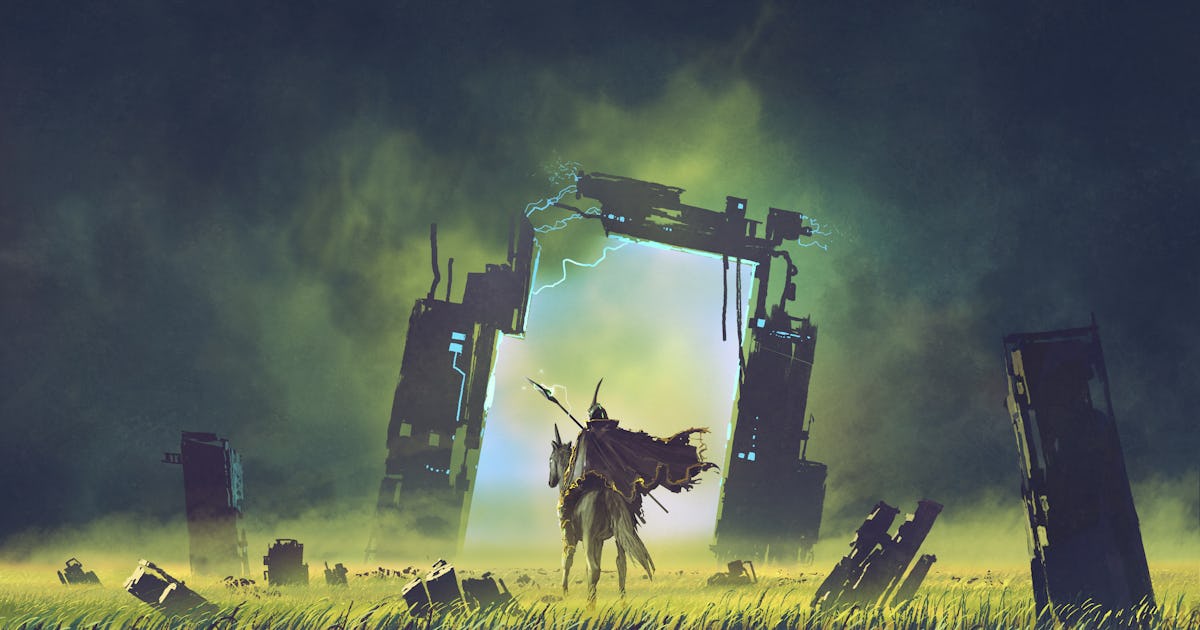30 Years Ago, an Amazing Time-Travel Movie Cemented an Unkillable Franchise
How do you top one of the best zombie movies of all time? By turning its sequel into a time-traveling epic through Arthurian legend, of course.
That’s the approach director Sam Raimi took in Army of Darkness, his follow-up to the cult classic Evil Dead II and the final entry in his genre-redefining trilogy. But thanks in part to the subversive brilliance of Army of Darkness, the Evil Dead franchise remains as unkillable as the Deadites that relentlessly pursued Bruce Campbell’s cocksure hero Ash across space and time.
Continued here